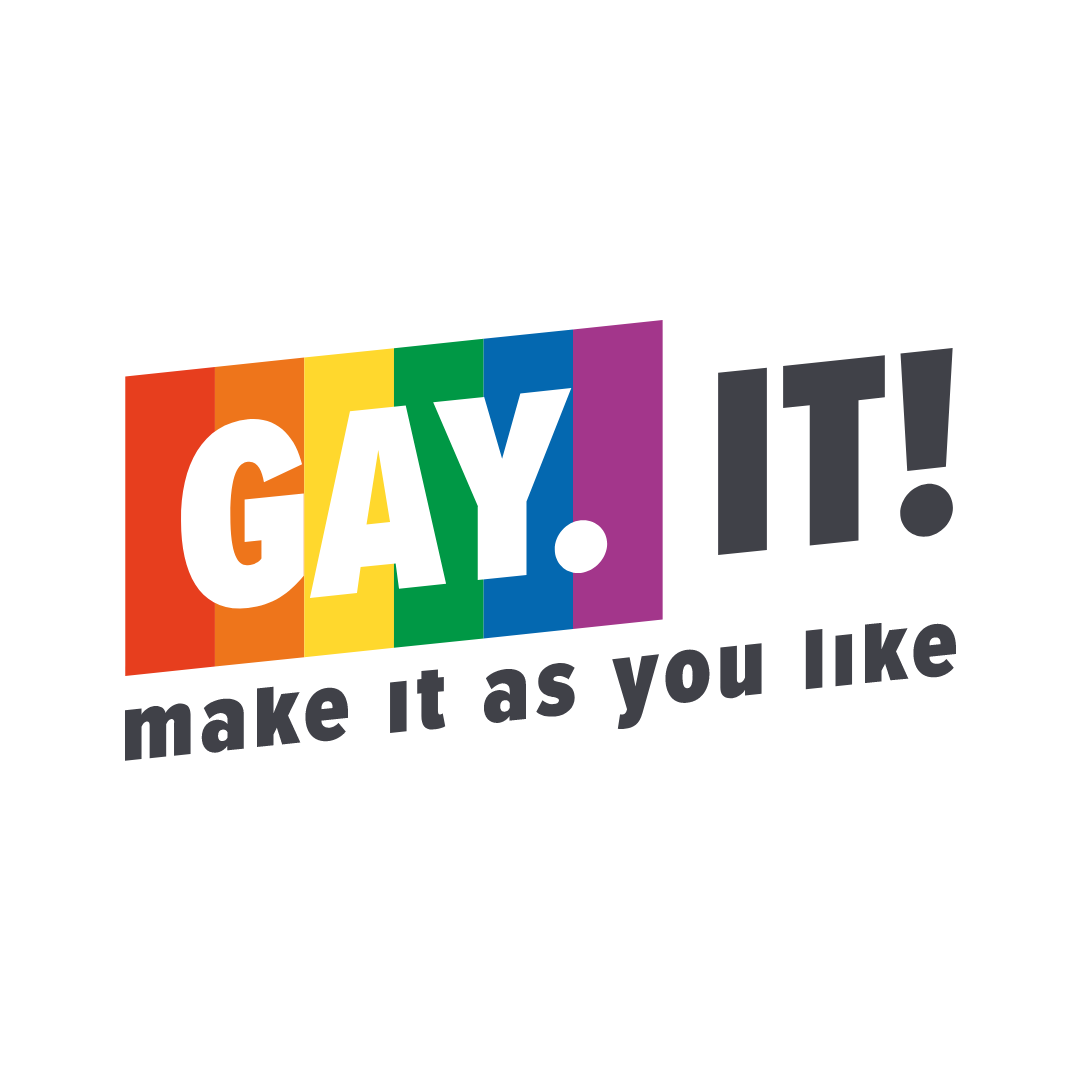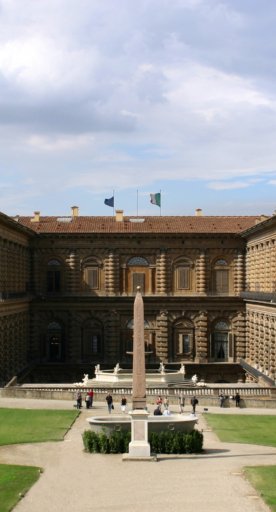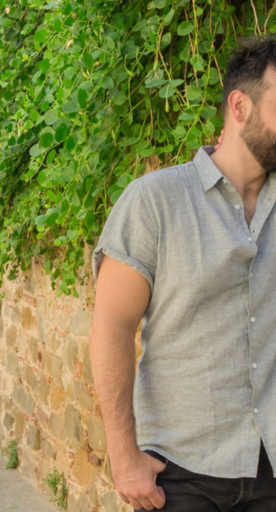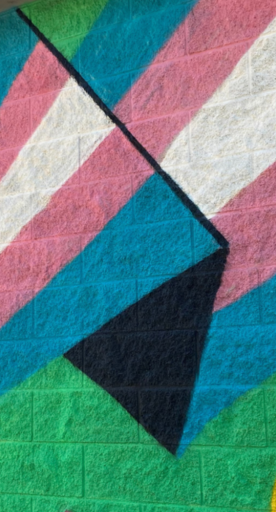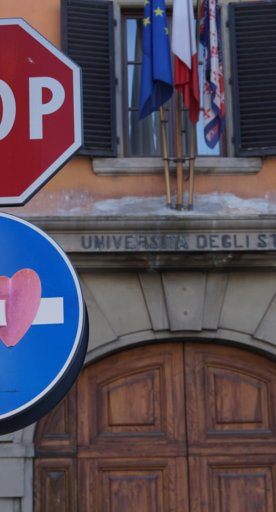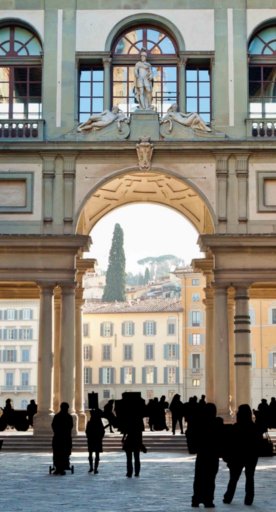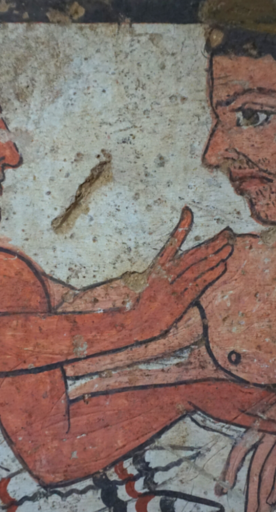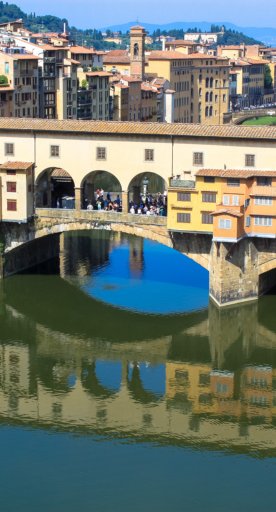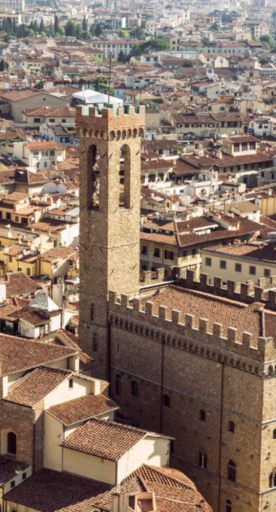

Pisa79, the birth of the Italian LGBTQ+ movement
The history of the LGBTQ+ movement in Tuscany: Pisa’s Orfeo Homosexual Collective
When we talk about Pride, we immediately think of New York, specifically the night between June 27 and June 28, 1969, when a group of people went down in history in what are known as the Stonewall Riots. From that moment on, a real sexual liberation movement began to form, bringing together all LGBTQ+ people in an aim to fight for equal rights and freedom.
The riots and protests also reached Italy, where Tuscan cities were among the first to lead the Italian LGBTQ+ movement.
With that, in the spring of 1979, the Orfeo Homosexual Collective was founded in Pisa by a group of Tuscan university students. Among the founders of the collective were some people who made history in the Italian LGBTQ+ movement: Paolo Lambertini, Andrea Pini and Edison Mezzone. From their headquarters in Vicolo del Tinti 30 in the heart of Pisa’s historical centre, the group held weekly meetings and looked into ways of making their work known to as many people as possible, with the aim of promoting ‘freedom of expression and affirming the right to live one’s sexuality out in the open’.
From that small circle, the Orfeo Collective made history by organising the march against violence against homosexuals, also known as Pisa79. The protest took place in the city on November 24, 1979, the first in Italy to be authorised by police and sponsored by a municipality, and for this reason it’s considered the first Italian Pride.
The protest was organised as a reaction to the murder of a gay man in Livorno and the general feeling towards violence against the LGBTQ+ community, and brought together almost 500 people who, with banners and slogans, gave life to the first real Italian Pride.
Although the Orfeo Collective was short-lived (remaining active until 1981), it made a significant contribution to the Italian LGBTQ+ movement by organising various meetings, evenings such as the historic Hop Frog in Viareggio and themed film festivals.
This is a beautiful page of Italian history to know and read into deeper. You could, for example, start from the importance of the collective, and take a walk through the centre of Pisa to discover some places linked to the LGBTQ+ community.
